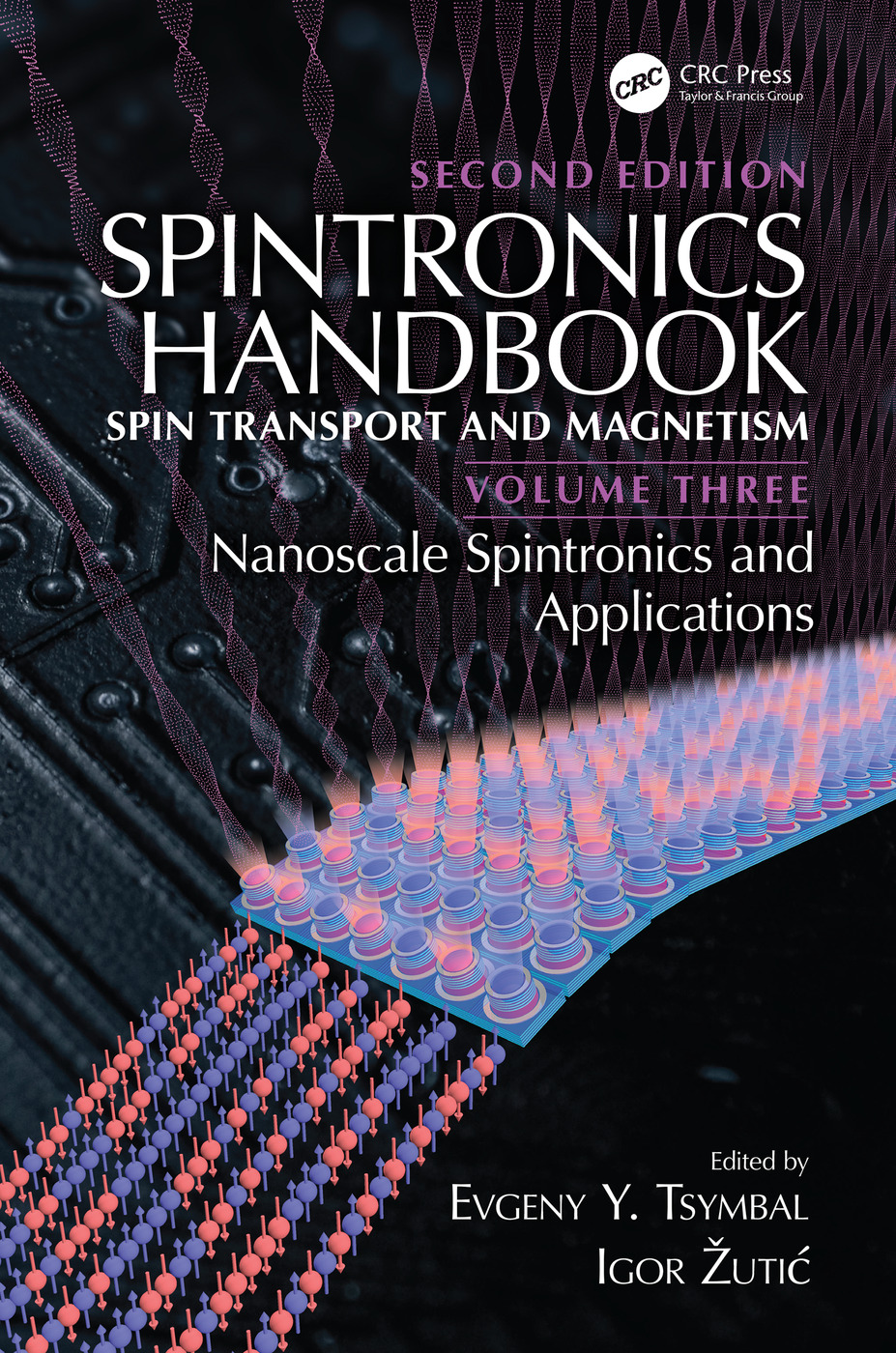

Most ebook files are in PDF format, so you can easily read them using various software such as Foxit Reader or directly on the Google Chrome browser.
Some ebook files are released by publishers in other formats such as .awz, .mobi, .epub, .fb2, etc. You may need to install specific software to read these formats on mobile/PC, such as Calibre.
Please read the tutorial at this link. https://ebooknice.com/page/post?id=faq
We offer FREE conversion to the popular formats you request; however, this may take some time. Therefore, right after payment, please email us, and we will try to provide the service as quickly as possible.
For some exceptional file formats or broken links (if any), please refrain from opening any disputes. Instead, email us first, and we will try to assist within a maximum of 6 hours.
EbookNice Team

Status:
Available4.5
38 reviewsSpintronics Handbook, Second Edition offers an update on the single most comprehensive survey of the two intertwined fields of spintronics and magnetism, covering the diverse array of materials and structures, including silicon, organic semiconductors, carbon nanotubes, graphene, and engineered nanostructures. It focuses on seminal pioneering work, together with the latest in cutting-edge advances, notably extended discussion of two-dimensional materials beyond graphene, topological insulators, skyrmions, and molecular spintronics. The main sections cover physical phenomena, spin-dependent tunneling, control of spin and magnetism in semiconductors, and spin-based applications.
Features:
magnetism.
Evgeny Tsymbal`s research is focused on computational materials science aiming at the understanding of fundamental properties of advanced ferromagnetic and ferroelectric nanostructures and materials relevant to nanoelectronics and spintronics. He is a George Holmes University Distinguished Professor at the Department of Physics and Astronomy of the University of Nebraska-Lincoln (UNL), Director of the UNL’s Materials Research Science and Engineering Center (MRSEC), and Director of the multi-institutional Center for NanoFerroic Devices (CNFD).
Igor Žutić received his Ph.D. in theoretical physics at the University of Minnesota. His work spans a range of topics from high-temperature superconductors and ferromagnetism that can get stronger as the temperature is increased, to prediction of various spin-based devices. He is a recipient of 2006 National Science Foundation CAREER Award, 2005 National Research Council/American Society for Engineering Education Postdoctoral Research Award, and the National Research Council Fellowship (2003-2005). His research is supported by the National Science Foundation, the Office of Naval Research, the Department of Energy, and the Airforce Office of Scientific Research.